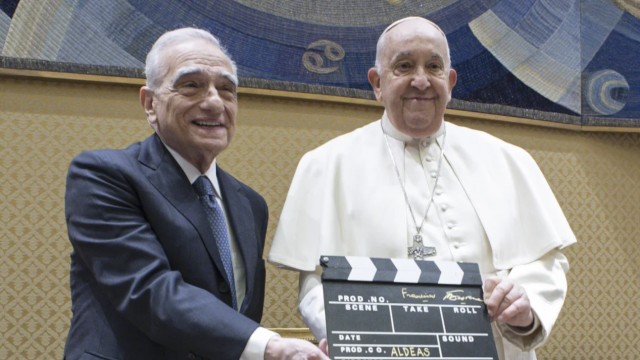
Will the struggles of independent filmmakers savor the fruit of Oscar? An Oscar Statue in image via AP Photo
For many filmmakers, winning an Oscar is the ultimate dream. However, for some, the challenge isn’t just about creating an outstanding film—it’s about whether their country will even allow them to compete.
Iranian director Mohammad Rasoulof is a prime example. Despite his critically acclaimed work, he never considered the Oscars a possibility. The reason? Iran’s strict censorship policies and government-controlled film selection process.
“A lot of independent filmmakers in Iran think that we would never be able to make it to the Oscars,” Rasoulof shared in an interview. His films often challenge government narratives, making it impossible for Iran to select his work for submission.
Who Decides? The Power Struggle in Film Selection
Unlike other Oscar categories, the Best Oscar International Film nomination process is handled by individual countries. Each nation selects one film to represent them, often leading to political influence in the decision.
In democratic countries, this process may be straightforward. However, in nations with government-controlled film industries, selections can be highly controversial. Filmmakers like Jafar Panahi, another Iranian director, never expected their work to be chosen—especially when they are facing imprisonment for their artistic expression.
From Iran to Germany: A Filmmaker’s Fight for Recognition
Rasoulof’s latest film, The Seed of the Sacred Fig, was secretly shot in Iran before he and his cast fled the country. Despite the risks, the film secured a nomination—not for Iran, but for Germany, where Rasoulof now lives in exile.
“The film is now largely a German project,” Rasoulof explained, referring to the distribution and post-production efforts led by Germany. Forced into exile, he feels stripped of his Iranian identity, yet his work has found recognition on a global stage.
The Oscars Go Global—But Is the System Fair?
The Oscars are increasingly international. This year’s leading nominee, Emilia Pérez, is the most nominated non-English film ever. Similarly, Brazilian drama I’m Still Here is also up for Best Picture, marking the first time two foreign-language films have been nominated in the same year.
Since Parasite’s historic Best Picture win in 2020, the Academy has actively diversified its voting body, inviting international members and reshaping the awards landscape. Yet, the Best International Film category remains controversial. Critics argue that the selection process is flawed, outdated, and influenced by government politics rather than artistic merit.
Politics vs. Art: The Growing Controversies
Instances of government interference in film selection are becoming more frequent. In 2024, India’s submission process sparked debate when Payal Kapadia’s All We Imagine As Light—a film widely praised as the best of the year—was overlooked in favor of Laapataa Ladies. The selection committee, composed entirely of men, justified their choice by claiming Kapadia’s film felt too “European.”
Similar issues arose in Greece, where 20 filmmakers withdrew their films in protest after the Ministry of Culture unexpectedly changed the selection committee. Renos Haralambidis, one of the protesting filmmakers, argued that “film selection should be independent of the state.”

A scene from the animated film ‘FLOW’. (Image by Sideshow & Janus Films via AP)
A Silent Contender: Latvia’s ‘Flow’ Stands Apart
While the debate rages on, one film in this year’s Best International Film category remains refreshingly free of political controversy—Latvia’s Flow. The animated movie, nominated for both Best International Film and Best Animated Feature, tells its story without any dialogue, only animal sounds like meows and barks.
While most films face scrutiny over language, national identity, and political influence, Flow proves that sometimes, storytelling can transcend borders—without saying a single word. The film offers a rare moment of peace in an otherwise politically charged category.
What’s Next for the Oscars?
As geopolitical tensions seep into the Oscar International Film quest, many questions whether the government should have a say in international film nominations. Some propose an Academy-led selection process, removing political interference entirely. Others suggest expanding the category to 10 nominees or allowing additional Academy-chosen entries.
Regardless of the solution, one thing is clear: the Best International Film category has become a battleground where art, politics, and national identity collide.















